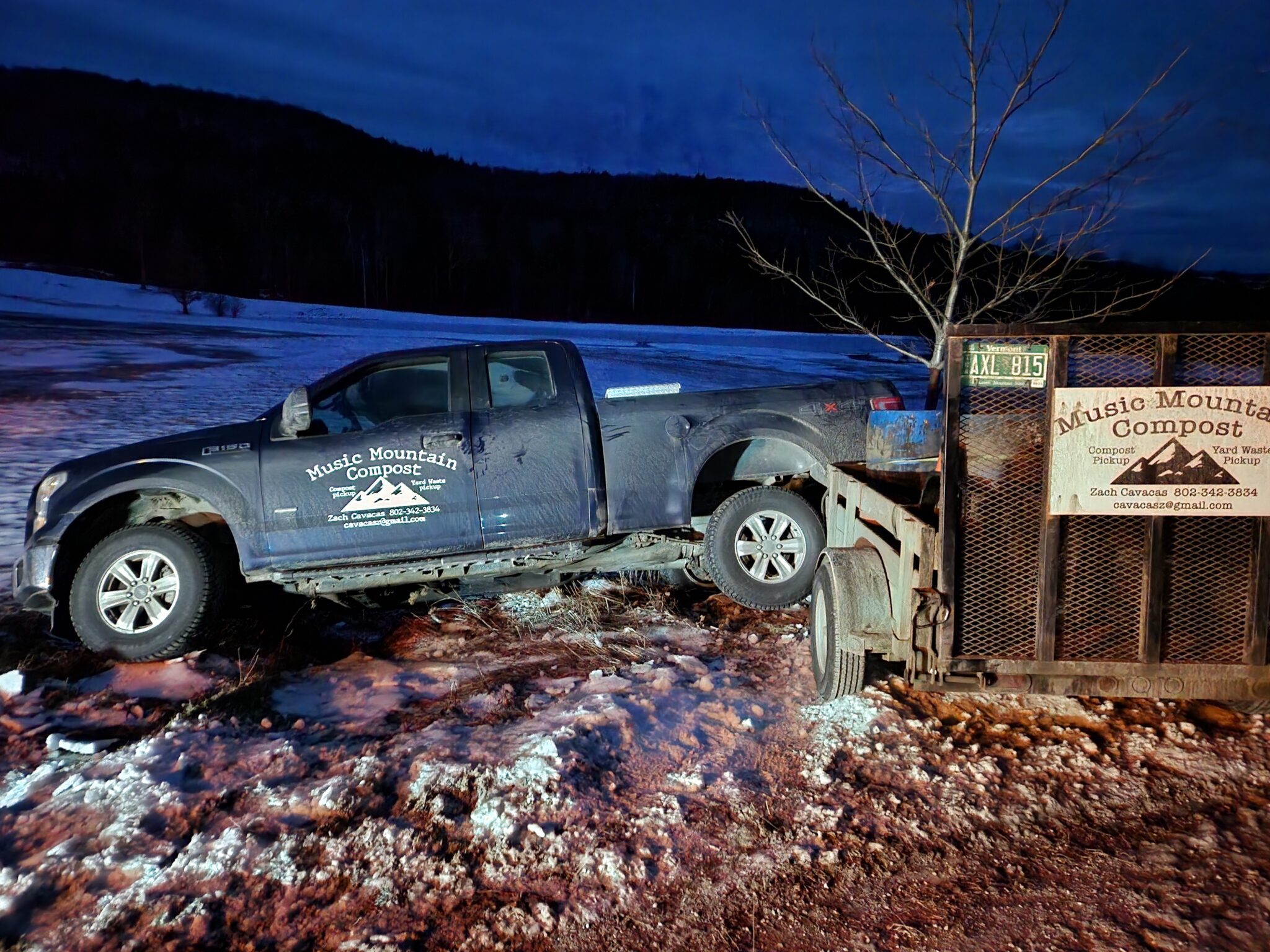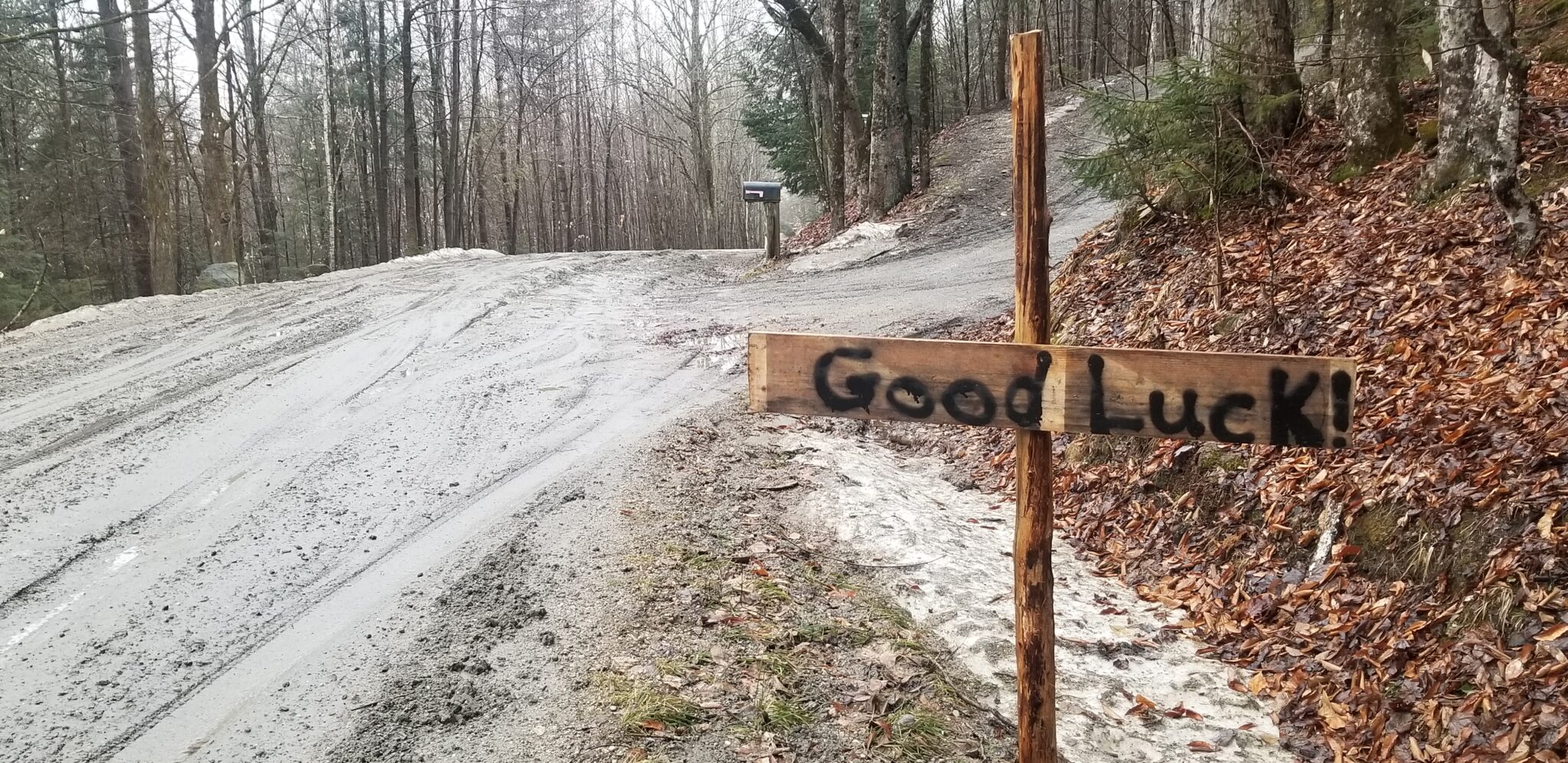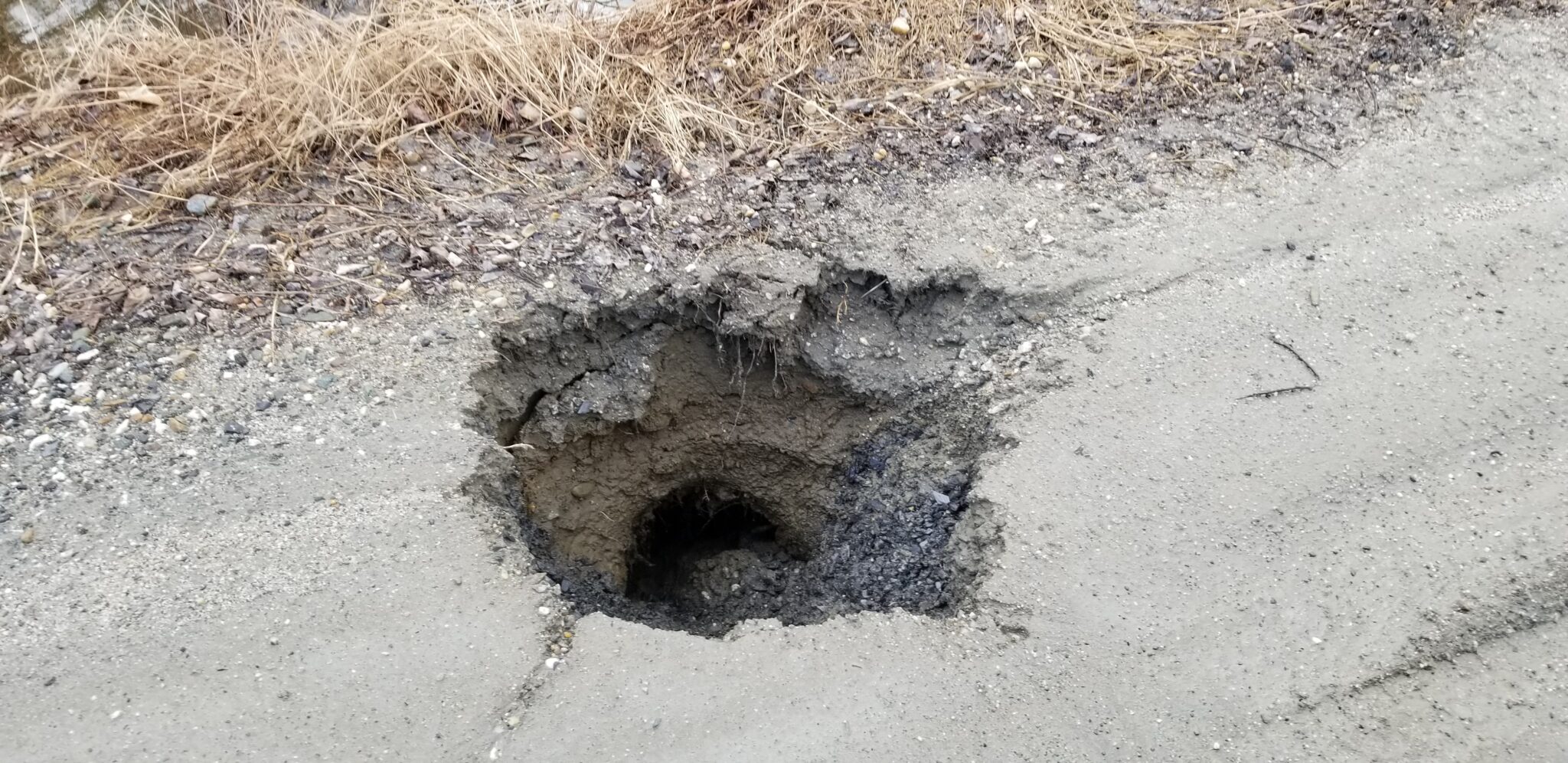Worsening road conditions have affected a number of communities across Vermont, including hard-hit Barnard. Frequent freeze-thaw cycles seen throughout the winter have been compounded with repeated flooding, creating even more hazardous conditions for motorists than in previous years.
“Mud is a problem like it has never been before,” said Barnard Town Administrator Rob Ramrath. “In past winters, mud season was nicely self-contained from somewhere around mid-March to the first or second week of April. It came and it went; it was bounded and rather predictable. People gritted their teeth and lived with it. The town worked on the roads and people got through it and then moved on…”
In response to this “new norm” and to address concerns of Barnard residents, at its March 20 meeting the selectboard authorized the formation of a new six- to eight-person Barnard Roads Committee. This motion follows several meetings where worsening road conditions were a major topic of discussion, including at the March 5 Town Meeting where it was an “extemporaneous topic of considerable conversation,” said Ramrath.
At the annual Town Meeting, Barnard residents voted to appropriate $120,000 to the Barnard highway department to make its jobs more attractive to potential hires and create greater flexibility from a compensation and job retention perspective.
At the March 20 meeting, the selectboard was presented a note signed by several members of the community, requesting the formation of a new roads committee. The note was read into the record by resident Dan Leavitt.
Leavitt informed the selectboard that “the Royalton Turnpike, East Barnard Road, Lime Pond Road, among others, are often completely impassable, posing a real threat to people’s life and safety as emergency service vehicles cannot get through.”
These safety concerns have often left Barnard residents to “face the hard decision to either stay home and miss work, or go to work and wreck their cars,” Leavitt reminded the selectboard.
Leavitt noted that it was made clear at the Barnard Town Meeting in early March that “there is desire amongst townspeople to get ahead of the problem proactively, rather than stay reactive to the road conditions year after year, as each year gets worse and worse.”
Ramrath hopes the new committee will be proactive by offering short-term and long-term strategies “to create a better level of resilience in our roads.”
While the exact details of the committee’s formation have yet to be fleshed out, Ramrath says that, functionally, it will act as a “conduit to the selectboard” for information it has gathered from various sources on how to better improve road maintenance operations. Leavitt added that it will provide a “community forum for people to ask questions and talk about the road conditions” as there is a “real need for people to be heard and to discuss this issue together.”
The committee will conduct research and synthesize information based on feedback from residents and the Barnard Highway Department. The committee may also speak with members of other town road crews and hear from experts on the subject of road maintenance.
Leavitt says the end goal is to present the selectboard with a strategic plan, which may contain a “menu of options for the selectboard and town to consider.” The plan would suggest best practices, available resources, manpower and equipment, and details on affordability and seasonality. The committee will also identify possible funding sources for projects through state and federal grants, citing the “Better Roads” program of the Vermont Agency of Transportation as an example.
The selectboard will have the ultimate authority on whether or not to adopt a strategy brought forth by the commission. Leavitt concluded by saying that the new committee can “significantly help to supplement, not supplant, the current system around road maintenance.” Members will be appointed at a future date.


